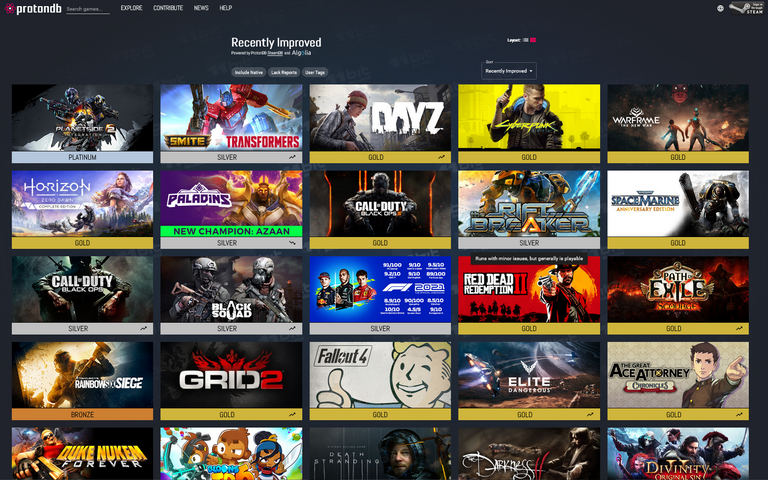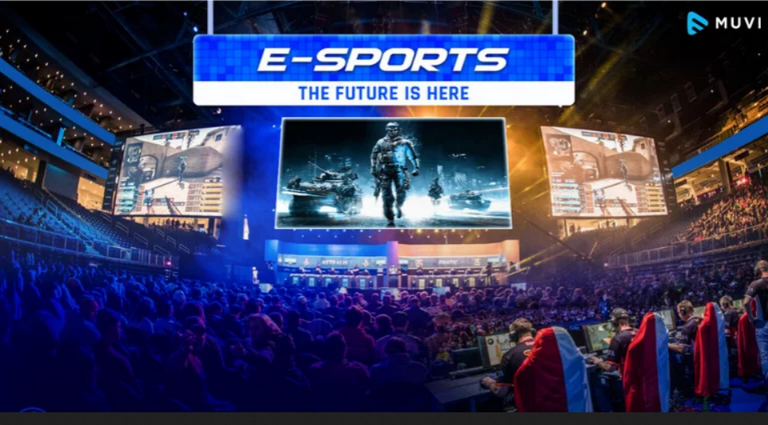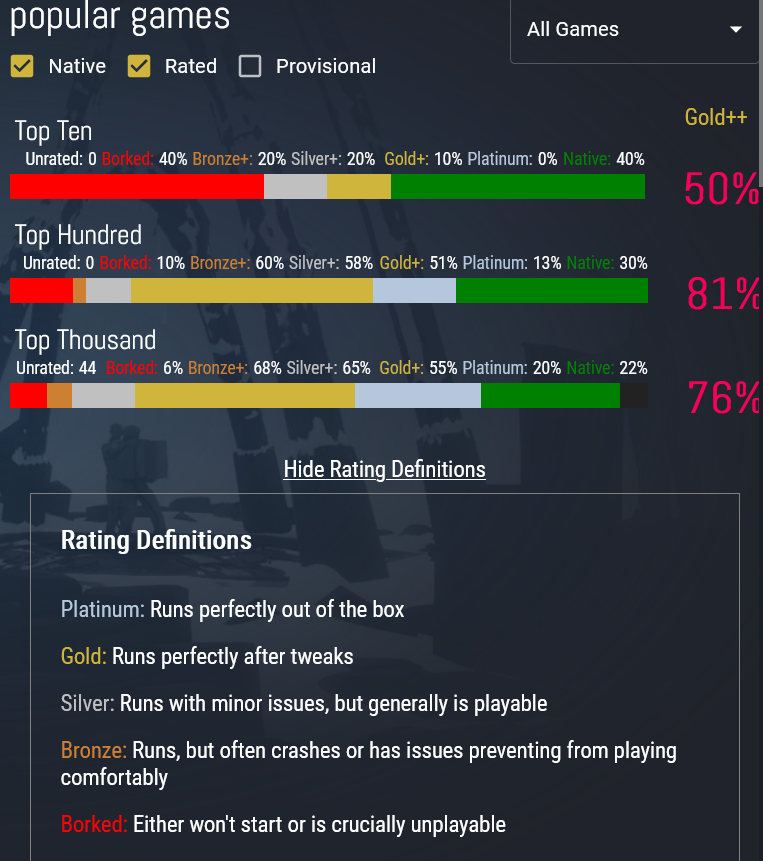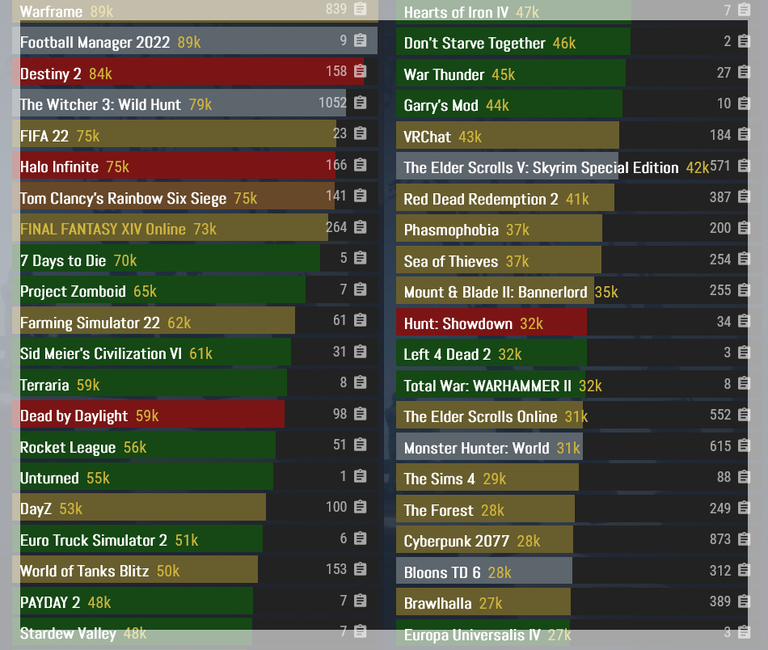
Es evidente que los videojuegos nos han cambiado la vida en pocos años, han cambiado la forma de relacionarnos y de interactuar con nuestros semejantes, amigos, conocidos o absolutamente desconocidos, personas que solo conocemos por un alias o acrónimo.
Por este motivo a industria de los videojuegos en su continua evolución y actualizaciones busca constantemente inspirar, instruir y motivar a sus usuarios para que superen los límites de lo que -ellos mismos- consideran posible tratando de superar barreras inimaginables en su fantasía.
Cada año es un nuevo desafío para las empresas e industria del sector que buscan desarrollar nuevos juegos, modificar aquellos ya existentes y/o introducir modificaciones que motiven a sus usuarios a continuar siguiéndolos y jugando.
En este primer análisis trataré dos tendencias que han hecho aumentar en proporciones más que notables el número de jugadores: la inclinación a transformarse en jugadores profesionales y la compatibilidad de muchos juegos del católogo Steam con la plataforma Linux, debido fundamentalmente a las nuevas implementaciones en las librerías de Direct3D -especialmente en las versiones 11 y 12) sobre la API de Vulkan: DxVK (para DirectX 9-11) y VK3D (para DirectX 12), lo que ha permitido ejecutar sobre la plataforma del pinguino un número cada vez más creciente de juegos que, originalmente, no estaban disponibles para Linux.

It is clear that video games have changed our lives in just a few years, they have changed the way we relate to and interact with our fellow human beings, friends, acquaintances or complete strangers, people we only know by an alias or acronym.
For this reason the video game industry in its continuous evolution and updates constantly seeks to inspire, instruct and motivate its users to push the limits of what they - themselves - consider possible by trying to overcome unimaginable barriers in their fantasy.
Every year is a new challenge for companies and industry to develop new games, modify existing ones and/or introduce modifications that motivate their users to continue to follow and play them.
In this first analysis I will discuss two trends that have increased the number of gamers in more than remarkable proportions: the inclination to become professional gamers and the compatibility of many games from the Steam catalogue with the Linux platform, mainly due to the new implementations in the Direct3D libraries -especially in versions 11 and 12- on the Vulkan API: DxVK (for DirectX 9-11) and VK3D (for DirectX 12), which has made it possible to run on the penguin platform an increasing number of games that, originally, were not available for Linux.
Amateur or professional players? / Jugadores amateurs o profesionales?

Una de las tendencias más acentuadas en los últimos tiempo y que seguramente se acentuará en el 2022 es la transformación de una verdadera legión de jugadores de simple amateurs a verdaderos profesionales.
Diversas encuestas indican que el 38% de los jugadores quieren convertirse en profesionales de este sector. Y los que aún no lo han hecho es or miedo a perder sumas considerables de dinero, cuando éste está de por medio.
En la actualidad es mucho más atractivo, popular y especialmente competitivo por ejemplo ver a usuarios-jugadores compitiendo en los llamados eSports que compitiendo individual o colectivamente en los deportes tradicionales, especialmente en la franja de edad que va de los 18 a los 25 años.
Las mismas encuestas han establecido que los jugadores online pasan alrededor de 6 horas jugando a la semana lo que hace un promedio de casi una hora diaria.
Y para ello es necesario una mayor velocidad de descarga y potencia en los procesadores de cada dispositivo utilizado para permitir una mayor velocidad y fluidez en los juegos.

One of the most accentuated trends in recent times and one that will surely be accentuated in 2022 is the transformation of a real legion of players from simple amateurs to true professionals.
Various surveys indicate that 38% of players want to become professionals in this sector. And those who have not yet done so are afraid of losing considerable sums of money when it is at stake.
It is nowadays much more attractive, popular and especially competitive to see e.g. user-players competing in so-called eSports than competing individually or collectively in traditional sports, especially in the 18-25 age group.
The same surveys have established that online gamers spend around 6 hours a week playing games, an average of almost an hour a day.
And this requires faster download speeds and more powerful processors in every device used to enable faster and smoother gaming.
Not only Microsoft, but also Linux is joining the gaming scene. / No solo Microsoft, también Linux se suma con fuerza a los juegos.

También el gaming en Linux se suma a esta nueva tendencia para el 2022, no solo dejando de lado la gratuidad de los juegos para pasar a su comercialización directa, sino también incoporando nuevos soportes como el anti-cheat en juegos como Fortnite y Apex.
Proton y Steam Play han incorporado últimamente más de 14.000 juegos al catálogo del pinguino.
El impulso al gaming en Linux fue dado no en el 2021 sino algunos años atrás, concretamente en el 2018 cuando Valve Software, la compañía desarrolladora de juegos que han tenido un gran éxito como Half-Life y que, a su vez, es la desarrolladora de la plataforma de videojuegos Steam anunció la implementación de un plan, de una estrategia plabnificada, para lograr en el curso de un trienio mejorar la compatibilidad con Linux de aquellos juegos que era publicados 'sólo para Windows' y que, por lo tanto, dejaban afuera un número creciente de usuarios que, no obstante, el poco significado de tiene Linux a nivel mundial (el 5% del total que representa Windows) podían aumentar exponencialmente en el sector de los juegos.
ProtonDB una base de datos independiente llevó a cabo un interesante estudio respecto a la compatibilidad de los juegos en Linux y llevó a la conclusión que, si analizaba 1.000 de los 21.000 juegos disponibles en el catálogo de Steam ese momento el 76% de ellos daba una excelente relación de compatibilidad de acuerdo a una escala que identificadaba las prestaciones con el color de ciertos metales: oro y platino significan la ausencia de problemas, plata significa problemas menores y bronce advierte sobre la presencia de fallas importantes en la compatibilidad.
Paradojalmente si reducimos este muestreo a solo 10 juegos el porcentaje baja al 50%, pero obviamente analizar solo 10 juegos de 21.000 no es mínimamente significativo por lo tanto es una análisis para descartar.
Extrañamente analizados 100 juegos el porcentaje sube al 81%. De cualquier manera son valores que ya comienzan a acercarse al 70-75% que marca una muy buena compatibilidad de Linux con los juegos.
En realidad Proton es una versión modificada del clásico Wine (Wine Is Not an Emulator), un software usadodesde hace varios años en Linux para ejecutar aplicaciones nacidas nativamente para Windows, no solo juegos.
El monitoreo es constante y puede ser seguido a través del tiempo para efectuar comparaciones.
Un juego clásico de Linux da el ejemplo: Lugaru. Cuando la empresa desarrolladora Wolfire Games decide llevar el juego a Linux sus ventas aumentaron más del 100% a pesar del reducido 5% que representa el pinguino en el universo informático total.

Linux gaming is also joining this new trend for 2022, not only by moving away from free-to-play games to direct marketing, but also by incorporating new support such as anti-cheat in games like Fortnite and Apex.
Proton and Steam Play have recently added more than 14,000 games to the Penguin catalogue.
The push for Linux gaming was given not in 2021 but a few years back, specifically in 2018 when Valve Software, the developer of hugely successful games like Half-Life and itself the developer of the Steam video game platform announced the implementation of a plan, a plabnified strategy, to achieve in the course of a three-year period to improve the Linux compatibility of those games that were published 'only for Windows' and therefore left out a growing number of users that, despite the small significance of Linux worldwide (5% of the total represented by Windows), could increase exponentially in the gaming sector.
ProtonDB, an independent database, carried out an interesting study on the compatibility of games on Linux and came to the conclusion that, if it analysed 1,000 of the 21,000 games available in the Steam catalogue at that time, 76% of them gave an excellent compatibility ratio according to a scale that identifies the performance with the colour of certain metals: gold and platinum mean no problems, silver means minor problems and bronze warns about the presence of major compatibility flaws.
Paradoxically if we reduce this sampling to only 10 games the percentage drops to 50%, but obviously analysing only 10 games out of 21,000 is not minimally significant and therefore a discarded analysis.
Strangely, if we analyse 100 games, the percentage rises to 81%. However, these are values that already start to approach the 70-75% that marks a very good compatibility of Linux with games.
Actually Proton is a modified version of the classic Wine (Wine Is Not an Emulator), a software used for several years in Linux to run applications born natively for Windows, not only games.
Monitoring is constant and can be followed over time for comparison.
A classic Linux game sets the example: Lugaru. When the developer Wolfire Games decided to bring the game to Linux its sales increased by more than 100% despite the small 5% that the penguin represents in the total computing universe.


¡Hasta el próximo juego!
Until the next game!

Los enlaces de mis sitios web/Links to my websites :

Dear @testarasta, your content was selected manually by curators @ten-years-before, @nalexadre to receive a curation from BeBlurt 🎉